The integration of technology into business operations has led to significant changes in industry practices. Among the various technological advancements we have observed, one has been gaining a lot of attention: Robotic Process Automation (RPA).
This technology streamlines company operations, particularly in financial management, by automating repetitive tasks with greater accuracy and efficiency than human input. Monitora, recognizing the potential of RPA, has embraced this technology to enhance its financial processes.
RPA is a very powerful tool and is capable of automating repetitive and routine tasks with a precision and speed that human effort cannot match.
The application of this technology in the corporate environment has shown a notable improvement in operational efficiency, data accuracy, and cost reduction.
What is RPA?
Robotic Process Automation, or RPA, represents a significant shift in how companies conduct their daily operations. This technology, focused on automating routine, rule-based tasks, uses software known as “robots” or “bots” that mimic human actions on digital interfaces.
The implementation of RPA in various sectors has shown considerable improvement in operational efficiency, data accuracy, and cost reduction.
One field where RPA has shown great efficacy is in the financial industry. In this sector, robots are programmed to perform tasks such as extracting data from invoices received by email, entering them into an accounting system, and performing account reconciliations.
This type of automation, in addition to saving time, also significantly reduces the margin of error, as it eliminates the possibility of human errors in repetitive tasks.
How does this implementation occur in practice?
Monitora, which was recently acquired by Marlabs, worked in conjunction with AutomationEdge, an extremely successful partnership in the field of RPA. The company in question where RPA was implemented was Cury Construtora, one of the most respected names in the Brazilian real estate market.
Founded in 1963, Cury achieved a significant milestone in 2020 by conducting its IPO, marking its entry into the Brazilian Stock Exchange. However, the company faced challenges in its operational efficiency and financial management, mainly in manual and repetitive processes. Renato Mendonça, Head of Information Technology at Cury, made it clear the need for digital transformation to optimize these operations.
In this scenario, Monitora and AutomationEdge proposed an automation solution to change all these issues. The partnership, which began in August 2022, focused on implementing RPA to improve Cury’s financial processes, which were characterized by slowness and a tendency to errors, as well as requiring the intervention of about 18 employees.
The project, which had a complete implementation in just four months, followed a phased strategy. Initially, a pilot phase was conducted in four departments. After evaluating the positive results, the solution was gradually expanded to other areas, in a process of approximately two months, as highlighted by Mendonça.
The automation introduced by Monitora and AutomationEdge not only significantly accelerated Cury’s financial processes but also brought about a cultural transformation.
Previously, the creation of a purchase order took between 3 to 4 minutes; now, with automation, this process is completed in just 40 seconds, with much less human intervention.
In addition to speeding up processes, automation also promoted a more integrated and humanized work environment. The Cury team, embracing the change, named the automation robot “Clarinha,” a way of humanizing the technological journey and making the experience more friendly for employees.
What is Monitora’s vision of RPA?
By automating routine and repetitive tasks, Monitora enables its employees to direct their focus and skills to activities that require critical thinking, innovation, and creativity.
Monitora’s approach to RPA implementation is meticulous and strategic. Inspired by the successful model employed by Cury Construtora, the company adopts a planned and gradual method of implementation.
This strategy involves starting automation on a small scale, with pilot projects in selected departments, before expanding it across the organization. This testing phase allows Monitora’s team to evaluate the effectiveness of automation, adjust processes as necessary, and identify best practices for large-scale implementation.
Moreover, this phased approach facilitates the transition to automated systems. By introducing RPA gradually, employees have time to adapt to the new tools and processes.
This is crucial to minimize resistance and disruptions, ensuring that the team understands the value of RPA and also feels an integral part of this digital transformation. Team acceptance and engagement are fundamental to the success of automation.
The trajectory of RPA, exemplified by the experiences of Cury Construtora and the innovative vision of Monitora, shows how automation is not just a matter of technology, but a true lever for business transformation.
Companies that adopt RPA are not only optimizing their processes but also redefining the role of their employees, promoting a more dynamic, creative, and efficient work environment.
The implementation of RPA at Cury Construtora, with the partnership of Monitora and AutomationEdge, perfectly demonstrates how this automation can transform slow and error-prone financial processes into agile, accurate, and efficient operations, facilitating the day-to-day of companies.
If you also want to transform your company’s processes with the efficiency of Robotic Process Automation, Monitora is ready to be your partner on this journey.
Contact us and discover how our proven experience in RPA can boost efficiency and productivity in your business.



